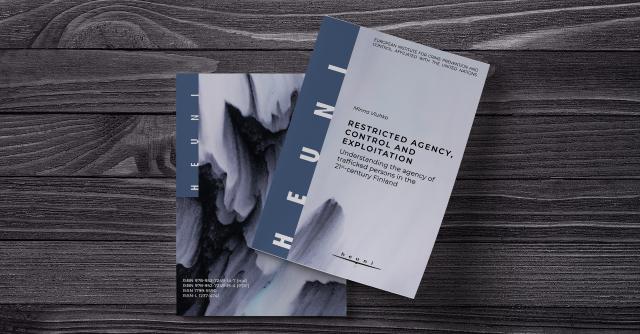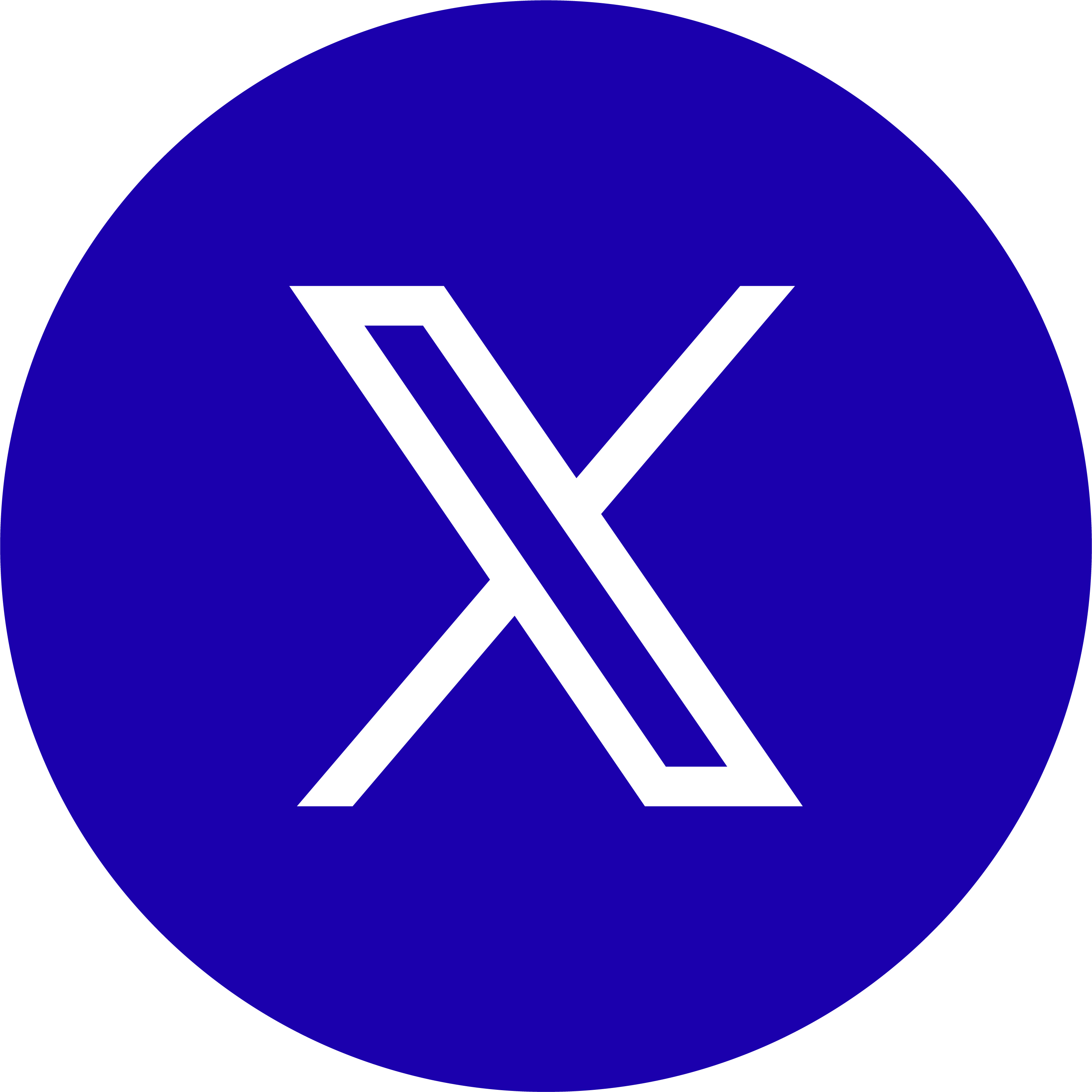This study takes a look at human trafficking and related exploitation in Finland in the 2000s. The term “human trafficking” is used to denote a serious crime against the individual and their freedom in which the perpetrator exploits the victim for benefit. Here, the exploitation is considered in the contexts of different job sectors and prostitution. The study takes a look at different cases of sexual exploitation and exploitation of migrant labour which fall under the category of human trafficking or which have included characteristics of human trafficking. The study yields an analysis of the human trafficking situation in Finland during the first 15 years of the 2000s. It comprises four substudies dealing with the overall theme of the control perpetrators impose on victims. The sub-studies analyse the violence, coercion and control imposed on the victims from different perspectives and, to a certain extent, in different contexts. The study asks how do exploitation and control manifest themselves in the human trafficking of the 21st-century Finland, what forms of control imposed on the victims can be identified, and how does the control restrict the agency of the victims. The study is interdisciplinary and falls within the disciplines of sociology, criminology, gender studies and, to a lesser extent, migration studies. The central concepts used in the study are agency, control, vulnerability, ideal victim, ideal offender and intersectionality. The central theoretical concept throughout is “agency”, and the concept of “restricted agency” has been developed further as part of the study.
Restricted agency, control and exploitation - Understanding the agency of trafficked persons in the 21st-century Finland
Helsinki 2019. ISBN 978-952-7249-14-7 (nid), ISBN 978-952-7249-4 (PDF), ISSN 1799-5590, ISSN-L 1237-4741. (112 pages).





